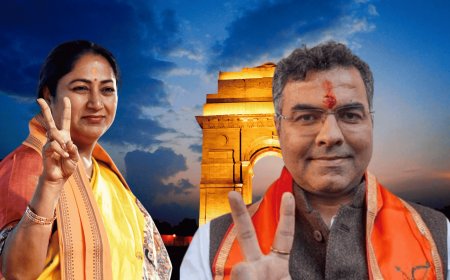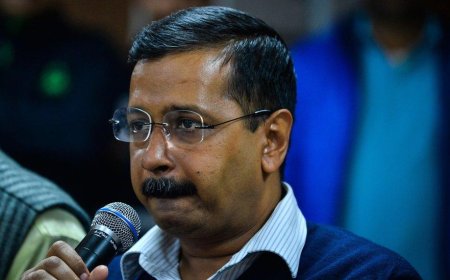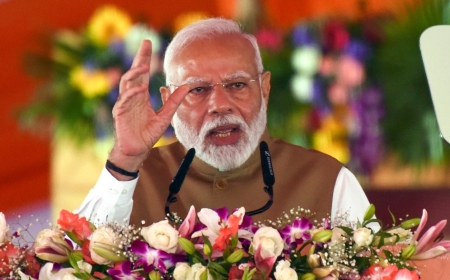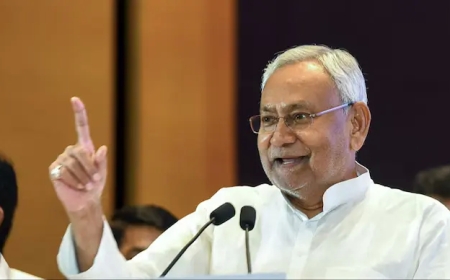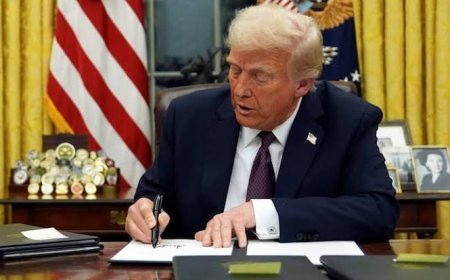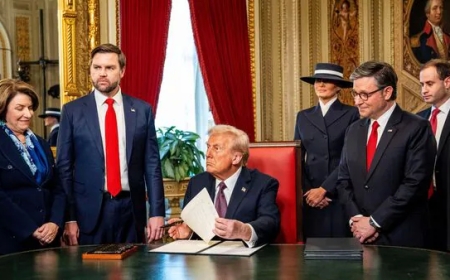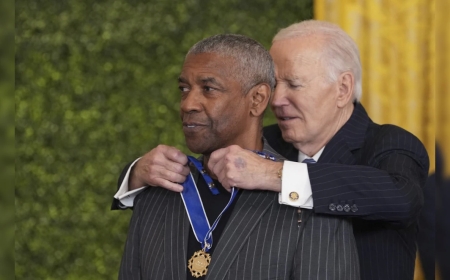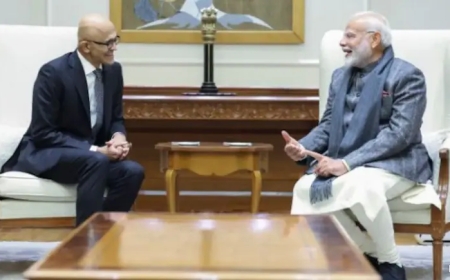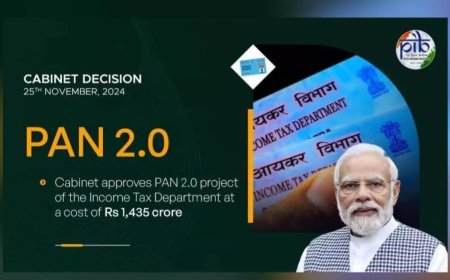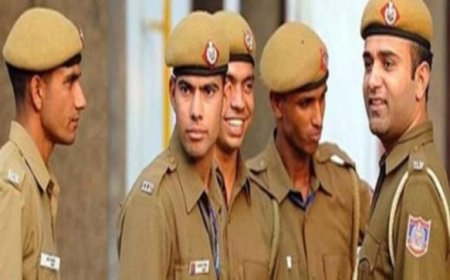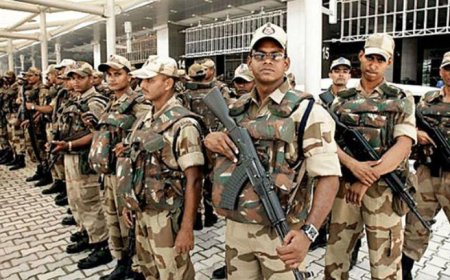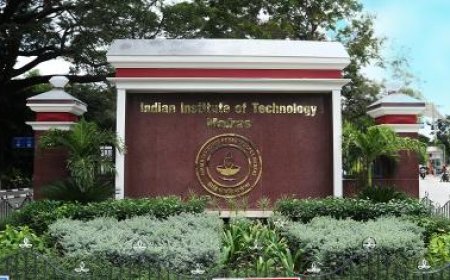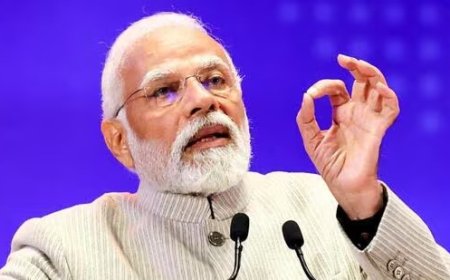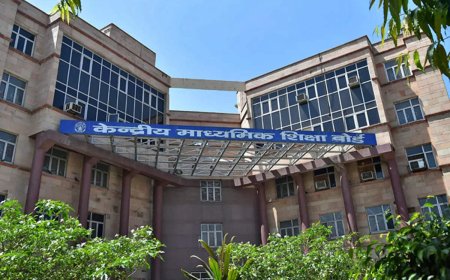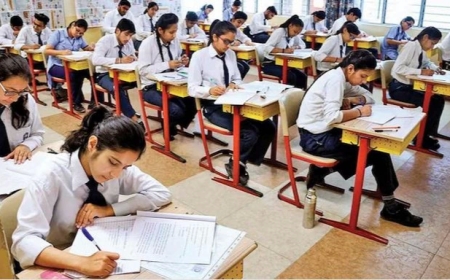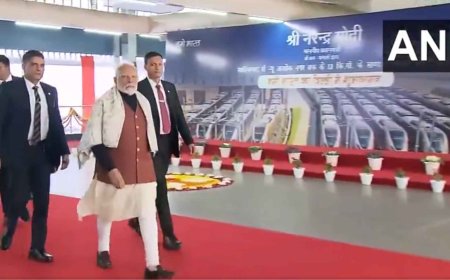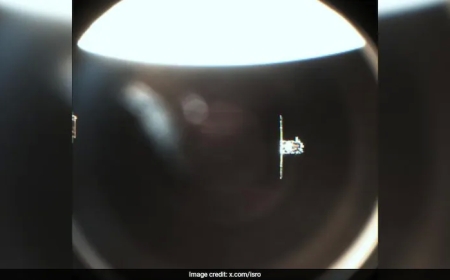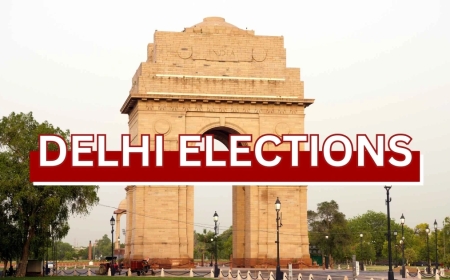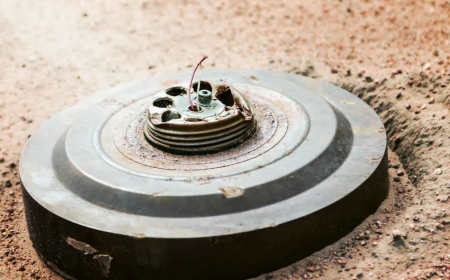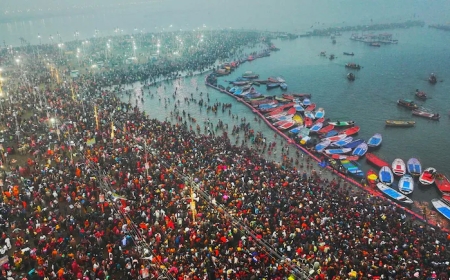India-China Relations Show Progress as Jaishankar Highlights Key Principles for Border Management
India-China relations improve as External Affairs Minister S. Jaishankar highlights key principles for border management in Lok Sabha. He emphasizes respect for the Line of Actual Control (LAC), no unilateral status quo changes, and adherence to past agreements. Disengagement progresses in eastern Ladakh, marking a step toward normalizing ties.
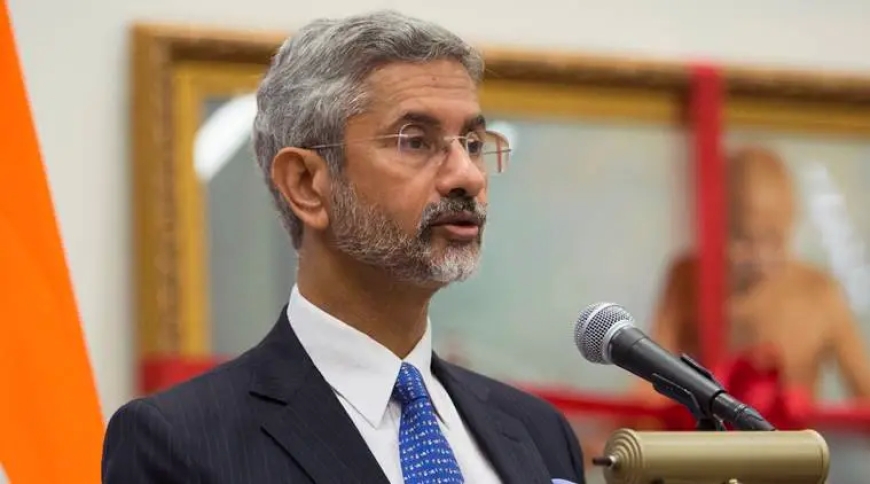
New Delhi: External Affairs Minister S. Jaishankar addressed the Lok Sabha on Tuesday, signaling a thaw in India-China relations after years of tension since the 2020 clashes in eastern Ladakh. These confrontations, which marked the first fatalities along the border in 45 years, left ties "abnormal." However, Jaishankar emphasized that continuous diplomatic engagement has set the relationship "in the direction of some improvement."
Jaishankar reiterated India’s commitment to resolving the border issue through "bilateral talks to arrive at a fair, reasonable, and mutually acceptable settlement." At the same time, he underscored the need for effective border management based on three foundational principles:
- Respect for the Line of Actual Control (LAC): Both nations must strictly observe and honor the LAC.
- No Unilateral Changes to the Status Quo: Neither side should attempt to alter established positions unilaterally.
- Adherence to Past Agreements: All prior agreements and understandings must be fully respected and implemented.
Jaishankar detailed the events of April-May 2020, when China amassed a significant number of troops along the LAC in eastern Ladakh, disrupting patrolling and triggering face-offs with Indian forces. In response, Indian troops rapidly deployed, despite logistical challenges and the ongoing COVID-19 pandemic, to effectively counter the situation.
While military preparedness was the immediate priority, diplomatic efforts were crucial for de-escalation. Nearly two dozen rounds of talks between senior military commanders have since taken place, with the most recent on August 29, leading to an agreement in October.
Under this agreement, both sides agreed to withdraw troops to positions held prior to April 2020, resuming patrolling along traditional routes. This move was seen as a step toward restoring peace and tranquility along the LAC, which India considers essential for normalizing bilateral relations.
The disengagement process has been completed in key areas, including Depsang and Demchok, Jaishankar confirmed. The next priority is de-escalation, focusing on the reduction of troop concentrations along the LAC, which acts as the de facto international border.
The disengagement in Depsang and Demchok follows earlier withdrawals on the north and south banks of Pangong Lake in 2021 and in the Gogra-Hot Springs area in September 2022. In each instance, both sides agreed to revert to pre-April 2020 positions.
Diplomatic Momentum and Regional Engagement
Jaishankar’s comments come shortly after Defence Minister Rajnath Singh met his Chinese counterpart, General Dong Jun, on the sidelines of the ASEAN summit in Laos. This was the first ministerial-level meeting since the latest round of disengagement.
Jaishankar credited the "determined counter-deployment" by Indian forces and sustained diplomatic negotiations for these positive developments. He noted that restoring the pre-2020 status quo along the LAC remains crucial for further normalizing ties, which had been deeply strained in recent years.
As India and China work toward resolving their differences, Jaishankar’s statement underscores the significance of maintaining respect, stability, and adherence to established agreements for fostering lasting peace along the border.
What's Your Reaction?
 Like
0
Like
0
 Dislike
0
Dislike
0
 Love
0
Love
0
 Funny
0
Funny
0
 Angry
0
Angry
0
 Sad
0
Sad
0
 Wow
0
Wow
0
